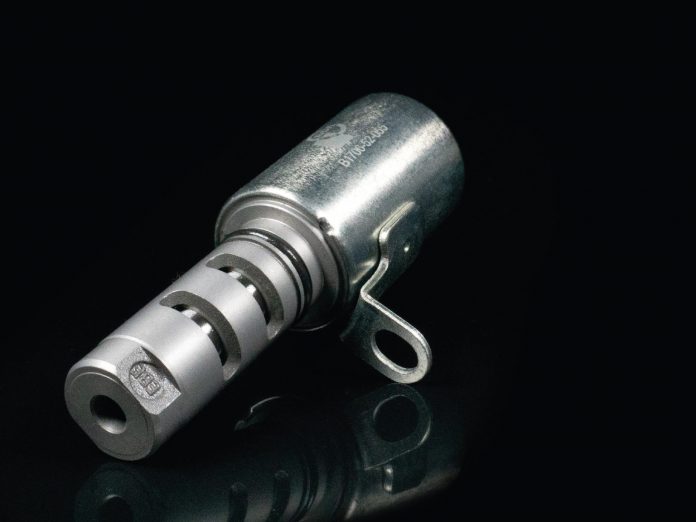Custom Square Plastic Washers for OEM Applications and Industrial Solutions
Ное . 09, 2024 14:09 Back to list
Custom Square Plastic Washers for OEM Applications and Industrial Solutions
Understanding OEM Square Plastic Washers An Essential Component in Manufacturing
In the world of manufacturing and assembly, the importance of using the right components cannot be overstated. Among these components, OEM (Original Equipment Manufacturer) square plastic washers play a crucial role. These washers, though often overlooked, provide vital functions that enhance the performance and longevity of various products. This article delves into the significance of OEM square plastic washers, exploring their features, applications, and benefits.
What are OEM Square Plastic Washers?
OEM square plastic washers are flat, square-shaped discs typically made from durable plastic materials. Unlike traditional round washers, the square design allows for better surface coverage and distribution of load. These washers are utilized to prevent the loosening of bolts and screws, distribute weight evenly, and protect underlying surfaces from damage. The “OEM” designation denotes that these washers are manufactured to meet the specific standards and requirements of original equipment manufacturers, ensuring compatibility and reliability in various applications.
Materials Used in OEM Square Plastic Washers
The materials used for OEM square plastic washers can vary widely, but common options include nylon, polyethylene, and polypropylene. Each material is chosen based on its unique properties, such as resistance to chemicals, temperature tolerance, and mechanical strength. For instance, nylon washers are known for their high tensile strength and ability to resist abrasion, making them suitable for demanding environments. On the other hand, polyethylene washers are often preferred for their chemical resistance, making them ideal for applications involving corrosive substances.
Applications of OEM Square Plastic Washers
OEM square plastic washers are utilized across various industries, including automotive, electronics, construction, and consumer goods. In the automotive sector, these washers help secure components like engines and transmissions, ensuring that everything stays firmly in place during operation. In electronics, they can be found in circuit boards and hardware assemblies, providing insulation and shielding against vibrations. In construction, square plastic washers are often used to protect surfaces from damage in structural connections, while in consumer goods, they can enhance the durability of products ranging from household appliances to furniture.
oem square plastic washers

Benefits of Using OEM Square Plastic Washers
1. Enhanced Load Distribution The square shape of these washers provides a larger surface area, allowing for better load distribution. This can help prevent damage to materials being fastened and improve overall assembly integrity.
2. Durability Made from high-quality plastic, OEM square plastic washers are resistant to wear and tear, ensuring they maintain their functionality over time. Their resistance to moisture and chemicals also contributes to their long lifespan.
3. Customization Many manufacturers offer tailored solutions for OEM square plastic washers, providing options for different sizes, colors, and materials. This customization ensures that washers can meet specific application requirements, which is crucial for industries that demand precision.
4. Cost-effective Solution Utilizing OEM square plastic washers can be a cost-effective choice in the long run. Their durability reduces the need for frequent replacements, and their efficiency in distributing loads can lead to fewer failures and repairs.
Conclusion
In conclusion, OEM square plastic washers are integral components in various manufacturing and assembly processes. Their unique design and material properties offer significant advantages, including enhanced load distribution, superior durability, and customization possibilities. As industries continue to evolve, the importance of reliable and efficient components will only grow. Investing in quality OEM square plastic washers can lead to improved product performance and customer satisfaction, reinforcing their position as a vital element in modern manufacturing.
Latest news
-
Top Wire Bolts Suppliers & Manufacturers – Quality Fastener Solutions
NewsJul.29,2025
-
Wire Bolts Suppliers & Exporters - Quality Manufacturer & Factory Direct Price
NewsJul.29,2025
-
Top Metric Wood Screw Companies – Reliable Manufacturer & Exporter
NewsJul.28,2025
-
Reliable Cabinet Bolts Supplier – Quality Fasteners for Cabinets
NewsJul.27,2025
-
Premium Phosphated Drywall Screws Supplier & Manufacturer Solutions
NewsJul.26,2025
-
Top Metric Wood Screw Companies – Reliable Manufacturer & Supplier
NewsJul.25,2025
